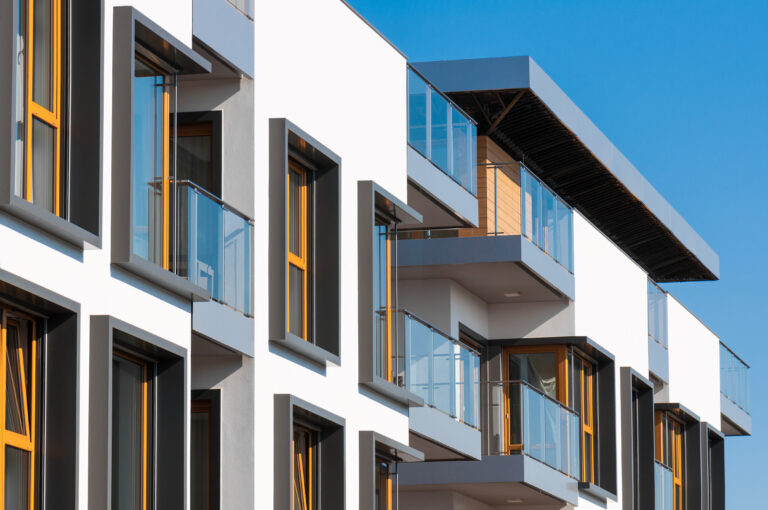Maximising tax benefits for residential landlords: Understanding claimable expenses and allowances
Investing in rental properties involves a number of financial obligations and possibilities to optimise tax savings. Landlords can still lower their tax obligation by being aware of and claiming allowed expenses and tax reliefs, even in the face of recent legislative changes such as increased Stamp Duty Land Tax (SDLT) and restrictions on mortgage tax relief.
This article describes the expenses that you can claim, the requirements for doing so, and the effect these claimed expenses have on your total tax obligation.
Allowable expenses for landlords
Landlords are able to reduce their taxable income by deducting a variety of costs paid when renting out their properties. These costs, which may include the following, must be directly related to the rental activity and can include:
- Utility bills: Water rates, council tax, gas, and electricity. If you charge rent that covers these services, include the rent in your income but claim the costs as expenses.
- Insurance: Landlord insurance policies, including buildings, contents, and public liability insurance.
- Service costs: Wages for gardeners, cleaners, and other service providers are included in the rental agreement.
- Professional fees: Fees for letting agents, accountants, and legal services (for leases of up to a year or lease renewals of less than 50 years).
- Rent-related costs: Ground rents and service charges.
- Direct costs: Phone calls, stationery, and advertising for new tenants.
Conditions for claiming expenses
To claim an expense, it must meet specific criteria:
- Exclusivity: The expense should be incurred wholly and exclusively for renting the property.
- Revenue vs. capital: The expense should be a revenue expense (day-to-day running costs) rather than a capital expense (improvements to the property).
If an expense serves both rental and private purposes, only the rental-related portion can be claimed. For example, if part of a home is used privately and part for renting, expenses like electricity and gas must be apportioned accordingly.
Mortgage Interest Relief
Due to recent changes, landlords’ income tax relief on residential property finance costs—such as interest on loans, mortgages, and overdrafts—has been capped at the basic tax rate. Only the interest component of mortgage payments, not the full amount, may be claimed by landlords.
Effect on tax bills
In order to determine taxable profit, allowable expenses are subtracted from rental income, which reduces the amount of tax due. The majority of landlords submit cash basis tax returns, which include income received and costs paid throughout the tax year (automatic for those making less than £150,000). As an alternative, projected income and expenses are included on the accrual basis.
Capital Expenses and Investment Allowance
Landlords are not permitted to deduct capital expenses, such as building extensions or significant renovations, from their rental revenue. When the property is sold, these expenses can be deducted from the capital gains tax.
‘Wear and Tear Allowance’ changes
Previously, landlords could deduct wear and tear on furnished houses from their net annual rental income of up to 10%. The “replacement of domestic items relief” has taken its place, applies the like-for-like replacement of items like:
- Beds
- Carpets
- Crockery or cutlery
- Curtains
- Fridges, washing machines, etc.
- Sofas
‘Replacement of Domestic Items Relief’
This relief applies only to replacing items, not initial purchases. Landlords can claim the cost of the replacement item plus any disposal costs, minus any profit from selling the old item. For example, if replacing a fridge costs £500, and disposing of the old one costs £60, the total relief claimed would be £560.
In conclusion, understanding and accurately claiming allowable expenses and reliefs can significantly reduce a landlord’s tax liability. By keeping detailed records and ensuring expenses meet the necessary criteria, landlords can optimise their tax savings even in a challenging legislative environment.

Let’s get started
Contact page
Contact Us





